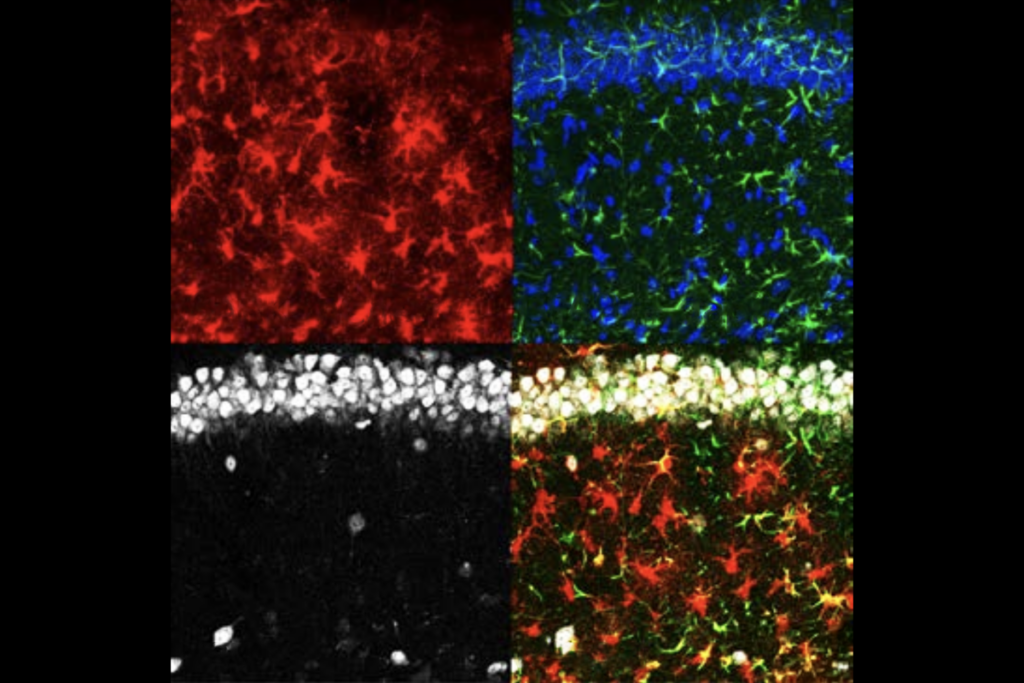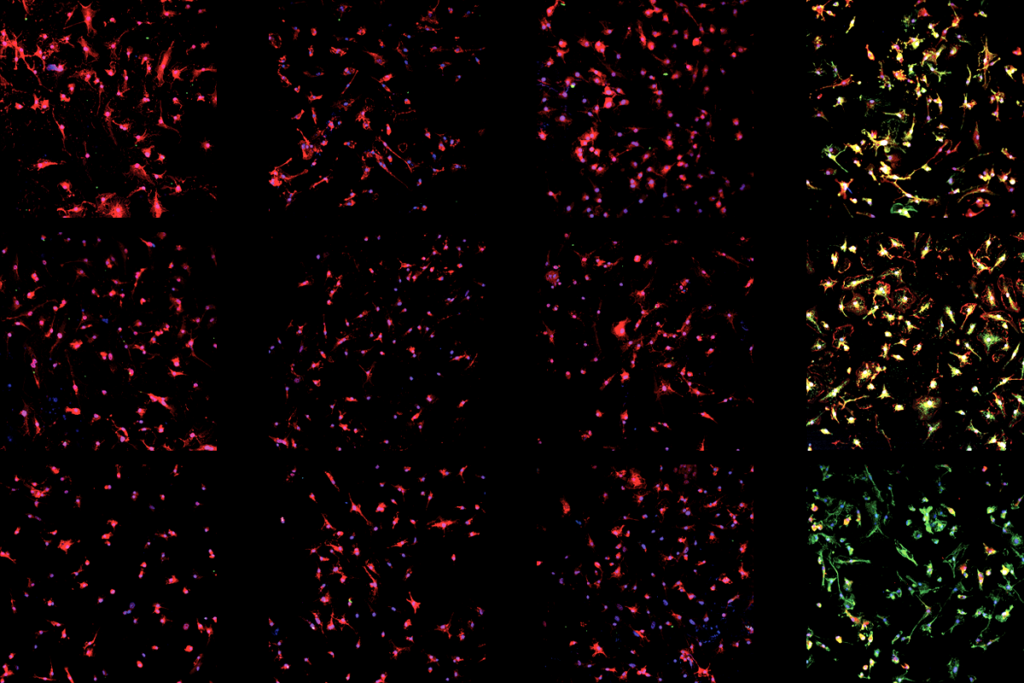Cathleen O’Grady is a freelance science journalist based in Scotland. Her work has appeared in The Atlantic, Hakai, National Geographic and Science, among others. She covers behavioral and life sciences, research integrity and science policy.

Cathleen O’Grady
Contributing writer
From this contributor
Building an autism research registry: Q&A with Tony Charman
A purpose-built database of participants who have shared genomic and behavioral data could give clinical trials a boost, Charman says.

Building an autism research registry: Q&A with Tony Charman
Spectrum 10K consultation report delayed
The U.K.-based genetics study launched the consultation more than a year ago in response to fierce criticism from autistic self-advocates.
Explore more from The Transmitter
Astrocytes sense neuromodulators to orchestrate neuronal activity and shape behavior
Astrocytes serve as crucial mediators of neuromodulatory processes previously attributed to direct communication between neurons, four new studies show.

Astrocytes sense neuromodulators to orchestrate neuronal activity and shape behavior
Astrocytes serve as crucial mediators of neuromodulatory processes previously attributed to direct communication between neurons, four new studies show.
Authors correct image errors in Neuron paper that challenged microglia-to-neuron conversion
The issue with the supplementary figures likely does not change the conclusions of the paper, according to an outside expert.

Authors correct image errors in Neuron paper that challenged microglia-to-neuron conversion
The issue with the supplementary figures likely does not change the conclusions of the paper, according to an outside expert.
Building a climate neuroscience subfield: Q&A with Angie Michaiel
Michaiel, a program officer at the Kavli Foundation, shares what it took to cultivate research on the relationship between climate change and the nervous system.

Building a climate neuroscience subfield: Q&A with Angie Michaiel
Michaiel, a program officer at the Kavli Foundation, shares what it took to cultivate research on the relationship between climate change and the nervous system.
